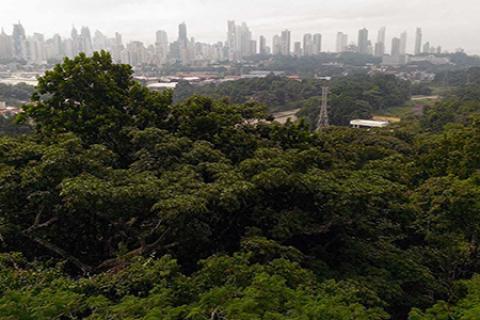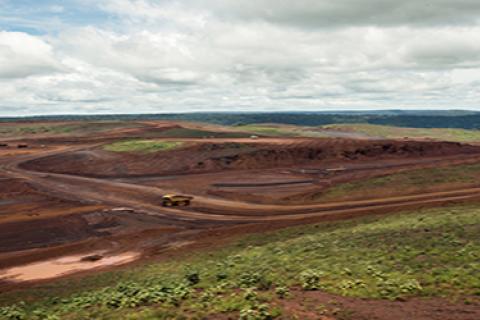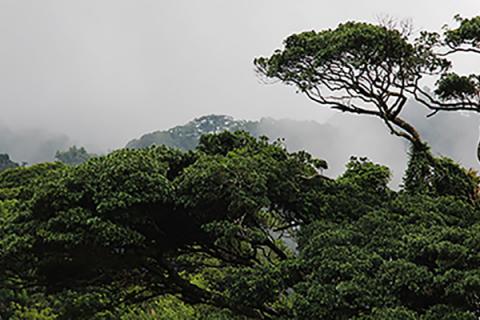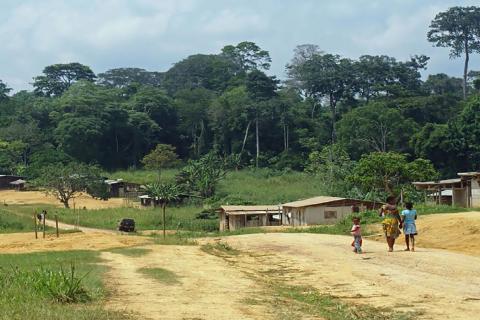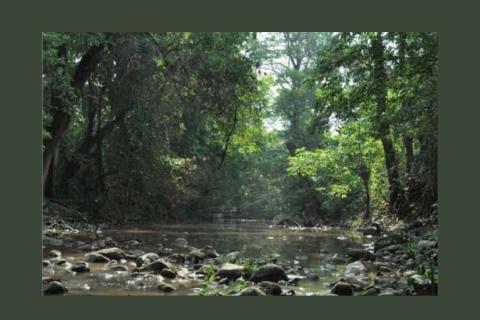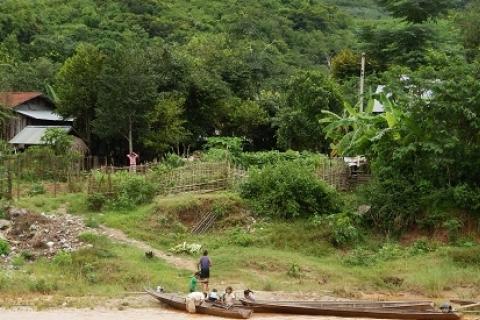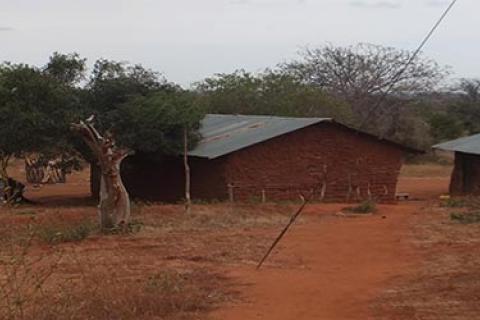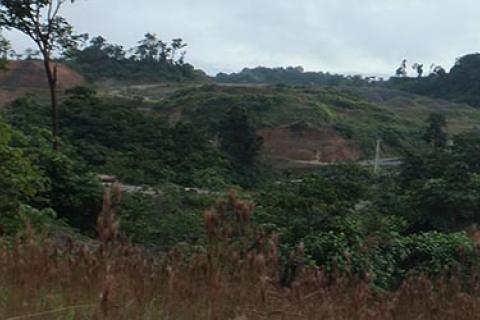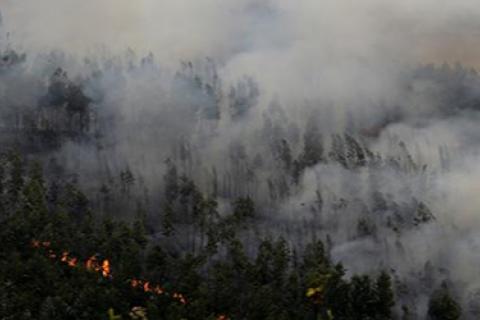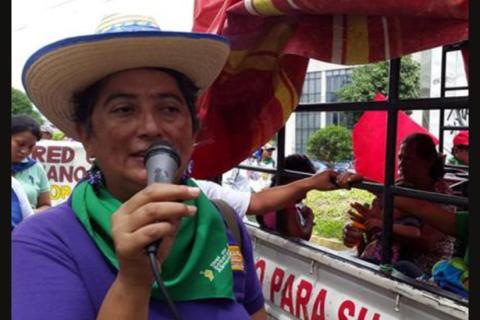This issue of the WRM bulletin is focused on one of the key strategies that (mainly extractive) industries use to expand within the framework of the so-called "green economy": biodiversity offsets. We believe it is important to warn about the strong corporate push that is trying to get governments to relax their environmental laws, and thus allow certain industrial activities to take place in areas previously considered to be unviable.
Bulletin articles
In 2014, the Gabonese government passed a new "Sustainable Development" Law, which authorizes companies to compensate for the destruction they cause in forests or traditional lands by buying offset credits. These are divided into four different kinds of credits: carbon credits, biodiversity credits, ecosystem credits and community capital. The latter is defined as "the sum of natural and cultural assets belonging to a community."
Colombia is one of the first Latin American countries to set up and implement specific rules and regulations on biodiversity offsets. In addition to article 50 of law 99 from 1993, both resolution 1503 from 2010, and law 1450 from 2011 establish the need to standardize environmental offset mechanisms.
"It is an absurdity, as well as an injustice that they take away our forest claiming that they want to protect it, while in reality it is only a way for them to continue to devastate, with their mines, another forest somewhere else."
How air quality offsets were set in place
BHP Billiton is the world's largest mining and petroleum company running mines in 13 countries. Its main offices are in Melbourne, Australia, and in London, UK, where the company sells shares on the London Stock Exchange.
The January 2017 bulletin focused on the numerous initiatives being announced worldwide that promote the expansion of millions of hectares of tree plantations (Bulletin 228, January 2017). At the same time, the plantations and pulp and paper industries, among others, are strongly pushing for Genetically Engineered (GE) trees – eucalyptus and poplar in particular – to be licensed for commercial use. Consequently, this time, the editorial of the WRM Bulletin warns about the promotion of GE trees.
In March 2017 the people of El Salvador won a huge victory. The Metal Mining Ban ruled absolute prohibition on mining exploration, exploitation and processing—whether open-pit or underground—as well as the use of toxic substances like cyanide and mercury. The legislation is retroactive, and thus completely cancels permits that might be in process. The potential harm to rivers and water sources has been one of the reasons social movements are battling the extractive industry.
